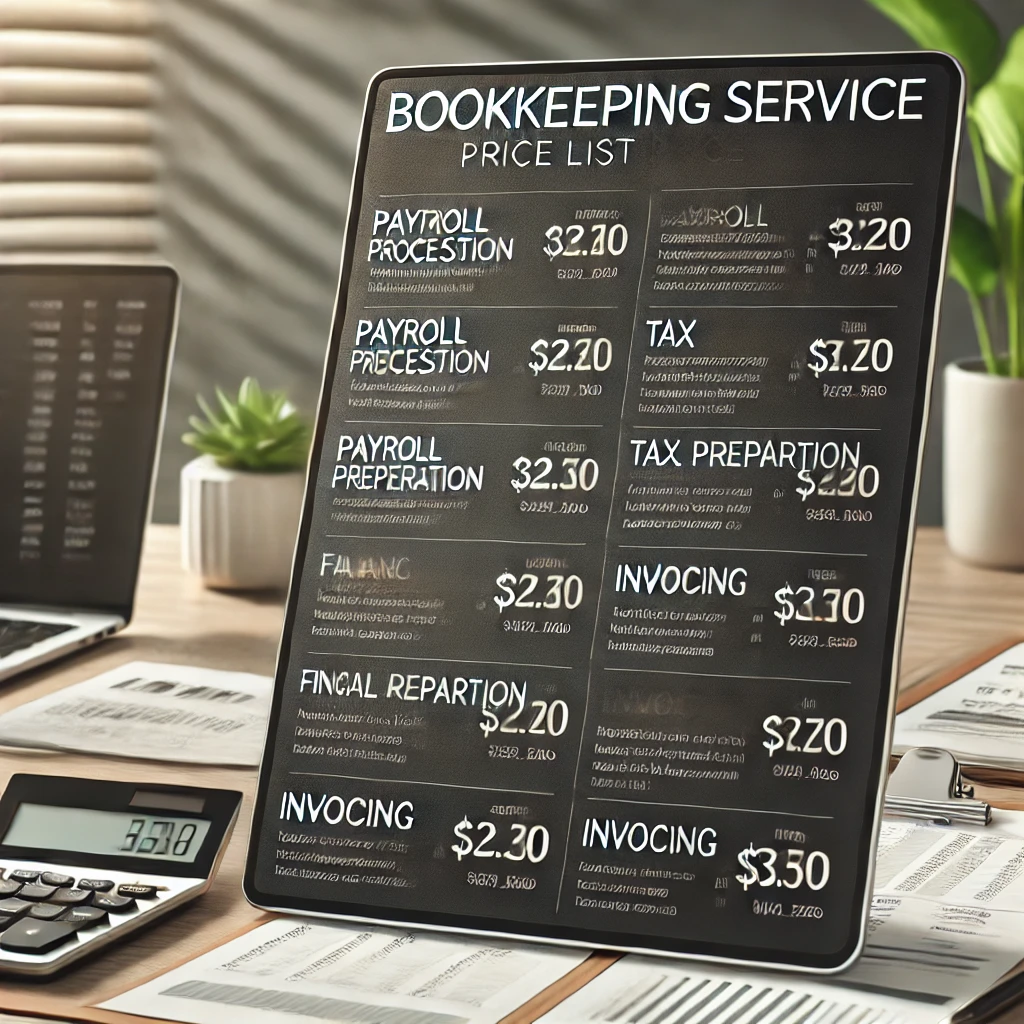In the ever-evolving healthcare industry, healthcare accounting and bookkeeping often take a back seat as practitioners are focused on patient care. However, efficiently balancing the books is essential for the fiscal health of your medical practices. With seamless accounting, the quality of your medical services can quickly improve. For instance, if your practice struggles with budgeting, expense tracking, or following up on patient claims, cash flow problems will arise sooner rather than later. This blog will explore why healthcare accounting is essential for your practice, the unique aspects of healthcare financial management, and insider insights on the subject matter. Whether you’ve just launched your medical practice or have been struggling with healthcare accounting for a while, please read on. By the end, you will have the necessary tools to implement and achieve efficiency in your medical practice through the fundamentals of Healthcare Accounting 101. Like in other industries, healthcare bookkeeping is crucial to running a business. What is Healthcare Accounting and Bookkeeping? Medical practices and health businesses require financial resources to operate efficiently and effectively. Thus, to address this, doctors and healthcare managers need a precise, accurate, and well-organized financial system to track expenses, reconcile bank statements, and comply with tax regulations. Whereas, healthcare accounting enables practices to operate smoothly, uphold their outstanding facilities, and seize additional opportunities for business growth. Additionally, “healthcare accounting” refers to the financial management within healthcare practices, including medical offices, clinics, hospitals, and other institutions. In a nutshell, healthcare accounting is more complex and tedious than accounting for small and medium-sized businesses. However, it’s crucial to document financial transactions and activities. To put it simply, not only does healthcare accounting handle the paperwork and oversee the budget, tax forms, and other financial elements of a business, but it also provides a complete view of your monetary inflows and outflows and the analysis of financial statements that, in the long term, will help you make informed financial decisions while staying compliant with industry standards. To top it off, you need a team of healthcare accountants and bookkeepers to comply with tax regulations, make payroll statements, and deal with your accounting processes effortlessly. Establishing the Difference: Cash vs. Accrual When it comes to healthcare accounting, practices can use any one of these – cash and accrual. The cash method is the simplest and most common for medical practices as it acknowledges receivables and expenses when cash is received or paid. However, its major drawback is that it does not give a clear view of your financial situation. Whereas, the accrual method acknowledges revenues and expenses when they’re earned or incurred. This provides an accurate snapshot of the business’s financial standing at any moment, enhancing decision-making. Which Healthcare Accounting Method is Best for you? Accrual accounting is the best of the two. However, it’s more complex and requires expert handling – but it is an ideal method that can enhance finance reporting and decision-making processes. Why do Practices Need Healthcare Accountants? The benefits of healthcare accounting for practices are immense. Generally, non-focused accounting can affect profitability and even the quality of care you provide your patients. Thus, a robust accounting system is a must-have for the smooth operation of your practice. Regardless of practice size, healthcare facilities need a robust financial system to thrive. Following are a few benefits of healthcare accounting. To Track Cash Flow! Good healthcare accounting is a game-changer, ensuring a smooth cash flow for daily operations. It makes sure there’s always enough for day-to-day needs. Organizing funds, managing outstanding bills, and keeping track of debts simplifies financial info. This smart cash flow management ensures funds are where they need to be for daily operations. Plus, accurate bookkeeping lets medical practices track revenue, making it easier to understand their financial health and make intelligent decisions for growth. To Save Time! Proper bookkeeping is essential for accurate tax reporting. Medical practices must file various tax forms, including income tax, payroll tax, and business property tax. With precise financial records, tax compliance becomes easier. To Create and Manage a Budget Having an efficient healthcare accounting team on board is like having financial superheroes for your practice. They provide the right advice, ensuring accurate and well-organized financial records. Simply put, healthcare accountants help in smart budgeting, making it a breeze to allocate resources for equipment and salaries and keep the facilities top-notch. With a clear financial picture, setting budgets and making plans becomes a walk in the park; they prepare your business for whatever comes next! To Manage Tax Requirements Navigating the complexities of taxation in the healthcare sector is no easy feat. The expert healthcare accountants by your side ensure timely and accurate tax payments, provide error-free tax statements, and save healthcare institutions from potential headaches, penalties, and errors. That being said, well-maintained financial records defend you in tax audits and simplify your tax filing, allowing you to identify deductible expenses and accurately calculate tax dues. Without precise financial records, tax compliance becomes challenging. To Make Informed Financial Decisions Well-kept financial records are crucial in enhancing healthcare service processes, helping practices craft invoices, managing bank statements, tax returns, and more. All in all, this approach aids in forecasting strategies to enhance cash flow and facilitates making informed and confident financial decisions. To Provide Accurate Records Keeping your healthcare business financially fit starts with accurate records. Healthcare accounting helps practices stay ahead of the daily grind with reliable bookkeeping. This record-keeping magic not only makes prepping and checking financial statements a breeze but also aids in handling tax duties and navigating cash flows with confidence. To Manage Treatment Costs Striking the right financial balance is essential for both profitability and affordability in medical practices. A healthcare accountant can be your ally in pinpointing and trimming unnecessary expenses, ensuring resources are directed towards better patient care. One way of doing so is to streamline processes through automation, which makes bill-paying and sending invoices a breeze. To Evaluate Business Performance Evaluating your business performance becomes a breeze with…
Read article


